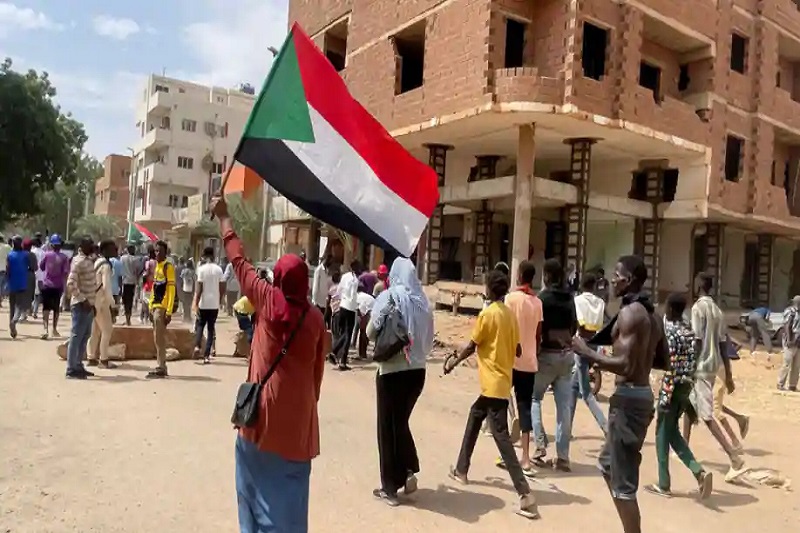According to the authorities, at least 230 people have been killed and more than 200 others have been injured as a result of attacks on villages in the state of Blue Nile in Sudan during recent days. A health minister in the southern state, which borders Ethiopia and South Sudan, named Gamal Nasser al-Sayed, reported that more than 30,000 people in eight villages in the Wad al-Mahi area had been forced to flee because their homes had been set on fire and villagers had been attacked.
Many women and children were forced to trek for several hours in order to reach the cities of Damazin and Roseires, which are located on either side of the Blue Nile River. Al-Sayed is quoted as saying, “It’s really awful to watch all these children and their mothers [who] had to go for hours in order to take refuge at the schools here.” We had to ask people in the community to donate mosquito nets because so many of them have malaria and we don’t have enough money as a ministry to buy them.
Since the military coup that took place in Sudan a year ago and was headed by the country’s army chief, Abdel Fattah al-Burhan, political turmoil and economic crisis have worsened across the whole country. Tensions have been rising to the point that they have erupted into terrible violence between communities in the states of Blue Nile and West Kordofan because of land issues that have been left unaddressed by the central government for more than a decade. People have said that different parts of the ruling party have helped armed groups that want to cause trouble.
Related Posts
According to estimates from the United Nations and the World Bank, agriculture and livestock account for 43% of employment and 30% of GDP in Sudan. Because of this, access to land is a very important issue in this country.
An employee of the government, named Abdo Yassen, related how he had to abandon everything in his hometown in order to flee with his wife and child. “When the assailants came with cleavers to kill someone from our hamlet, they cut him into pieces, they cut his leg, and then more attackers came with firearms to burn down our houses,” said one survivor. “Because we had nothing left, we had no choice but to go,” he explained. We sent several young guys away to keep an eye on the town from a distance so that residents will know when it is safe to return.
Amani Ali, a mother with four children, shared her story, saying, “I took my children and ran. The situation is quite difficult for all of us here. There are some people who have vanished, and we do not know what became of them. We quickly packed up our kids and headed out the door. “She claimed that there were some families that were split up between separate camps.
“We make our living as farmers and raise a variety of crops, including fava beans, sorghum, and other vegetables.” All of that is gone now, “Ali remarked. Villages belonging to the Funj ethnic group have been attacked during the past week. People who live in these villages have said that people from the Hausa ethnic group are to blame.
In July, hundreds of Hausa people were killed in clashes after they attempted to create their own traditional leadership. This step was opposed by the Funj, who see themselves as the region’s Indigenous group and believe they have been discriminated against in how land ownership has been organized. The Hausa people claim they have been discriminated against in how land ownership has been organized.

